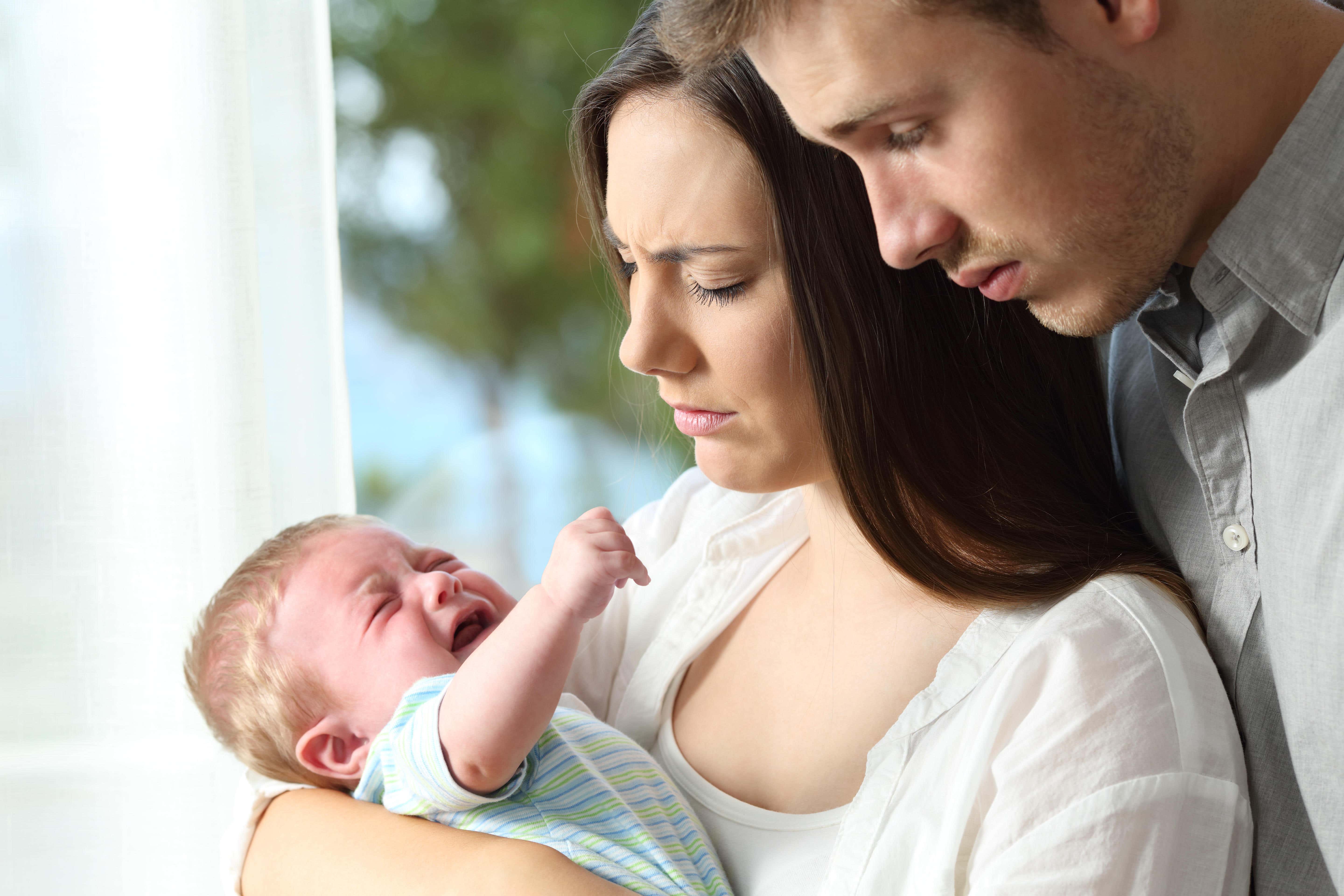Much more than ‘baby blues’ – what everyone needs to know about postnatal depression
Kate Forbes, Deputy First Minister of Scotland, has highlighted the condition and why awareness is so important.

Your support helps us to tell the story
From reproductive rights to climate change to Big Tech, The Independent is on the ground when the story is developing. Whether it's investigating the financials of Elon Musk's pro-Trump PAC or producing our latest documentary, 'The A Word', which shines a light on the American women fighting for reproductive rights, we know how important it is to parse out the facts from the messaging.
At such a critical moment in US history, we need reporters on the ground. Your donation allows us to keep sending journalists to speak to both sides of the story.
The Independent is trusted by Americans across the entire political spectrum. And unlike many other quality news outlets, we choose not to lock Americans out of our reporting and analysis with paywalls. We believe quality journalism should be available to everyone, paid for by those who can afford it.
Your support makes all the difference.Kate Forbes, Scotland’s Deputy First Minister, has spoken out about experiencing postnatal depression – saying she’s “astonished” at how little is understood about the condition.
Forbes started showing signs of postnatal depression after having her daughter in August 2022, and talked about the topic on a recent episode of the podcast, Speaking Of Suicide. Forbes, 34, also said she received a lot of help once health professionals realised she was suffering.
So, when it comes to understanding postnatal depression, what do people need to know?
Much more than a touch of ‘baby blues’
“Postnatal depression is a type of depression that many parents experience after having a baby,” says Emiliana Hall, founder of The Mindful Birth Group. “It is a common but often undiagnosed condition that can significantly impact the emotional and psychological wellbeing of new parents.
“Unlike the ‘baby blues’, which is a short-term period of feeling low, postnatal depression is more intense and lasts longer, typically developing within the first six weeks after childbirth but can occur up to a year postpartum.”
It can potentially impact any new parent
Hall says: “Postnatal depression can affect any new parent, including mothers and fathers, regardless of their background, age, or previous mental health history.
“However, it is more commonly reported among women, with around one in 10 women experiencing postnatal depression in the UK,” she adds.
People with previous mental health struggles may be more at risk
While postnatal depression can potentially affect anyone, it’s also important to be aware when somebody might be more vulnerable to developing it.
“Several risk factors can increase the likelihood of developing postnatal depression, including a history of mental health issues, particularly depression or anxiety, stressful life events during pregnancy or after childbirth, or complications during pregnancy or delivery,” says Hall.
Other risk factors may include a lack of support from family or friends, hormonal changes post-delivery, and sleep deprivation.
Early signs can be subtleEarly warning signs of postnatal depression may not always be obvious, and can vary in severity.
“The symptoms of postnatal depression can vary widely, but generally include persistent sadness and low mood, loss of interest in life and lack of enjoyment, severe mood swings, feelings of guilt, worthlessness, and hopelessness,” says Hall.
In more severe cases, parents also experience panic attacks and persistent anxiety. Other symptoms, says Hall, include “difficulty sleeping (insomnia) or sleeping too much, overwhelming fatigue and loss of energy, difficulty bonding with the baby, anxiety, panic attacks and/or [in some extreme cases] thoughts of self-harm or harming the baby.”
Seeking help is vital
“It’s important to seek medical advice if you feel persistently sad or anxious and it is affecting your ability to function,” advises Hall. “Early intervention is crucial, and there is no need to feel ashamed or embarrassed about seeking help. Your GP, health visitor, or midwife can offer support and guidance.”
It’s helpful for everyone to be aware of the warning signs and seek guidance if concerned about a partner, friend or loved one.Hill also suggests trying to build a support network as new parents to prevent isolation. “Surround yourself with supportive family and friends, who can offer practical and emotional support,” she says. “Talk openly about your feelings with your partner, friends, or a healthcare professional.”
And while looking after a newborn is demanding, self-care is crucial for new parents too. “Prioritise self-care by ensuring you get enough rest, eat a healthy diet, and engage in physical activity,” says Hall. “Yoga, meditation, and deep breathing can help reduce stress and improve mental wellbeing.”
And if you are struggling, Hall also suggests joining a support group: “Connecting with other new parents who understand what you’re going through can be beneficial.”